This is what the Duke and Duchess of Cambridge have to say about mental health
Yet another reason to love these two
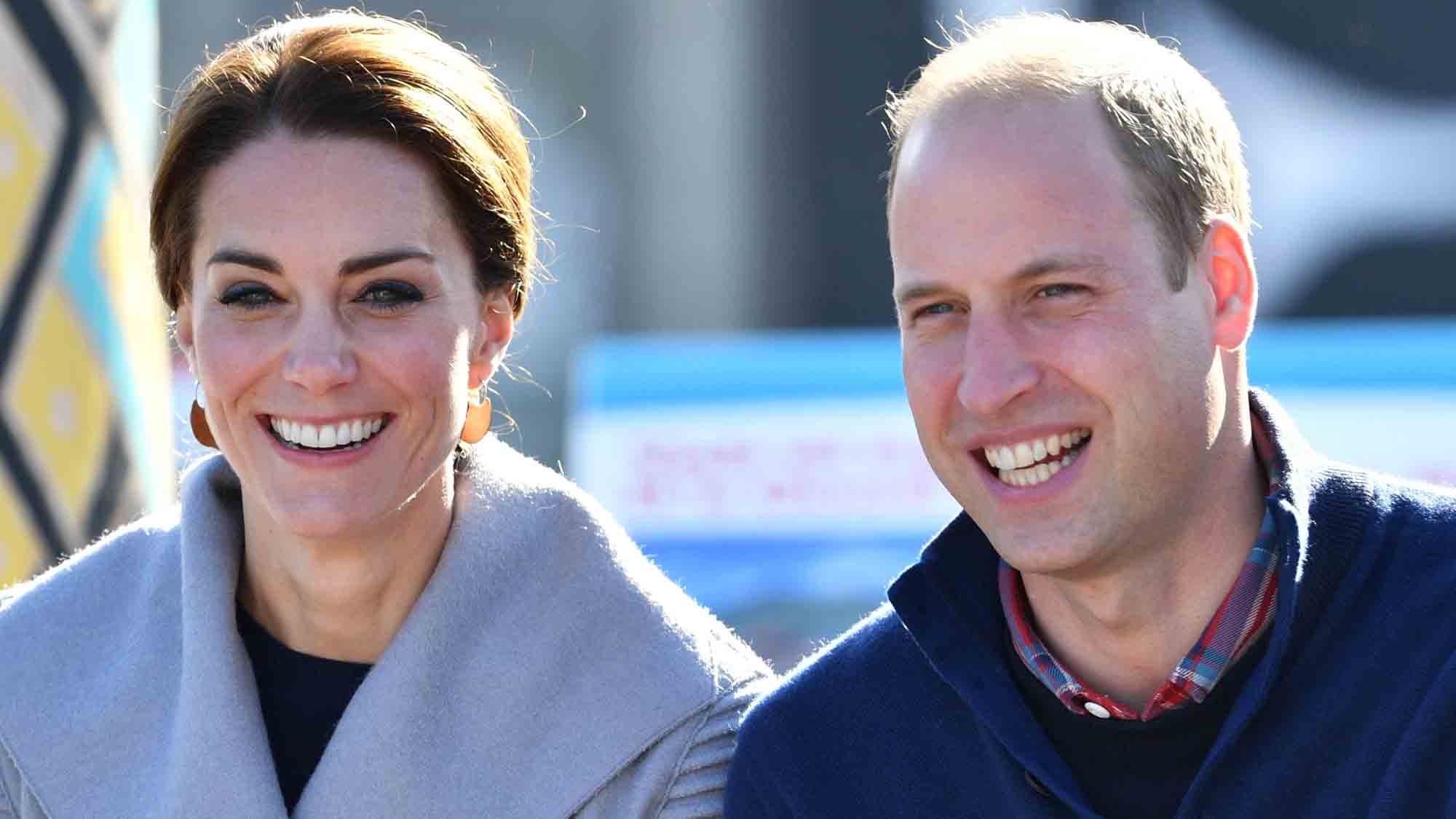
Just one more reason to love these two...
Prince William and Kate Middleton have been proactive about starting a conversation about mental health – and in so doing, they've opened up in ways royals of previous generations never have.
By speaking out with increasing regularity about the stresses they share with other parents, the Duke and Duchess are taking on long-standing taboos about seeking help.
‘Traditionally, royalty has had a stiff upper lip. But these two – and Prince Harry – are anything but traditional. William has often gone out on a limb,’ says longtime royals author Ingrid Seward, editor-in-chief of Majesty magazine. ‘He is following Diana – and that is further proof of her legacy.’
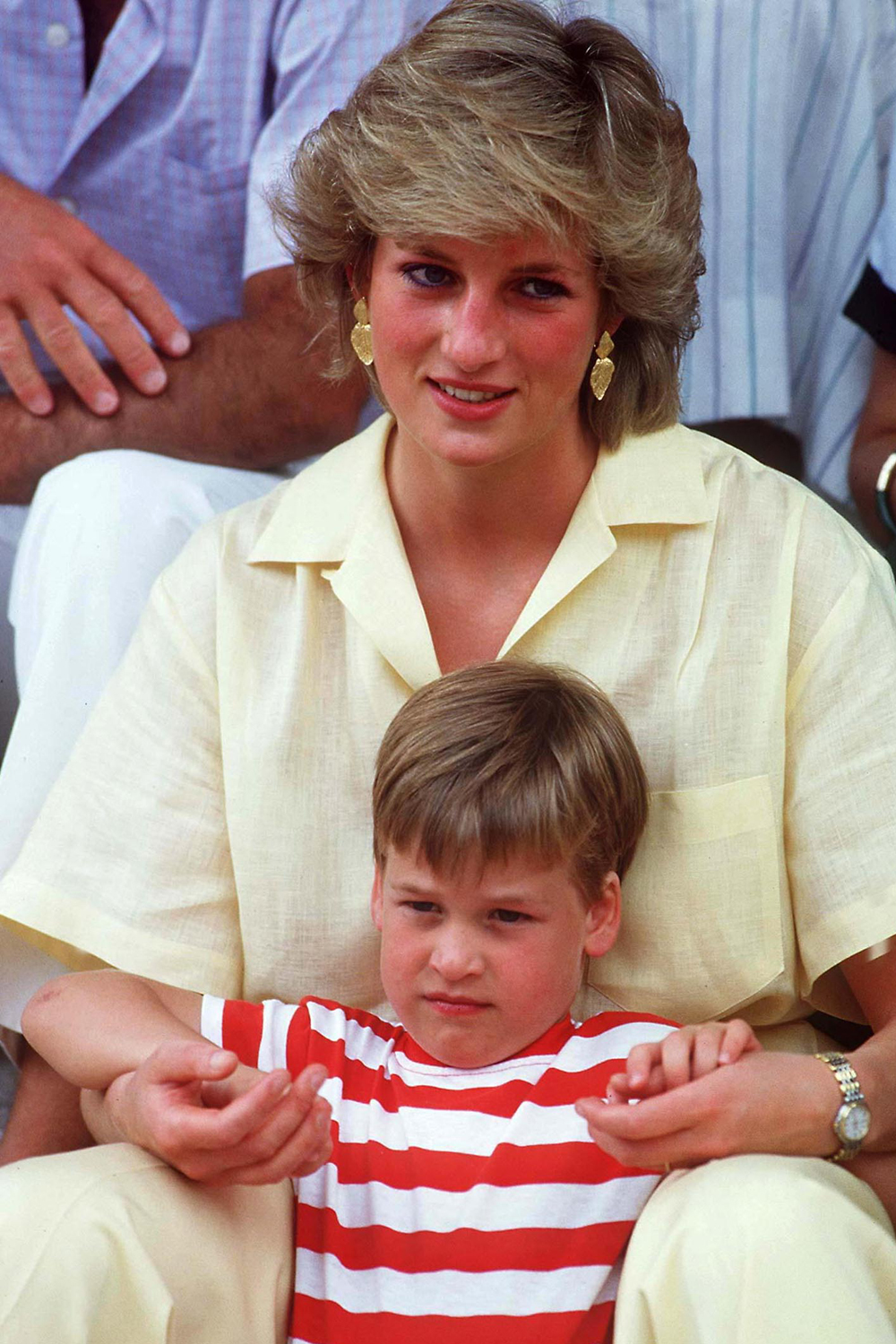
William, Kate and Harry, she notes, ‘can't promote the idea that people should talk openly without talking openly themselves.”’
They have been doing just that. At a parents' helpline run by Young Minds in London on Thursday, Kate told a small group, ‘I am sure we will face worries. We do face worries, because we've got small young children.’
Key to the young royals' goal of fighting mental health stigma is the establishment of Heads Together, a coalition of eight charity partners.
Marie Claire Newsletter
Celebrity news, beauty, fashion advice, and fascinating features, delivered straight to your inbox!
A spokesman for their office at Kensington Palace says, ‘The campaign is about changing the national conversation on mental wellbeing, and ultimately ending the stigma associated with mental health by encouraging people to talk to others and reach out for support if they feel they need it.
‘Through their work, the Duke and Duchess and Prince Harry have seen all too often that people feel afraid to admit they are struggling with their mental health. That fear of prejudice and judgment can prevent people from getting necessary help and can ultimately destroy lives and families. That's why they want to help change the national conversation and are encouraging others to do the same.’
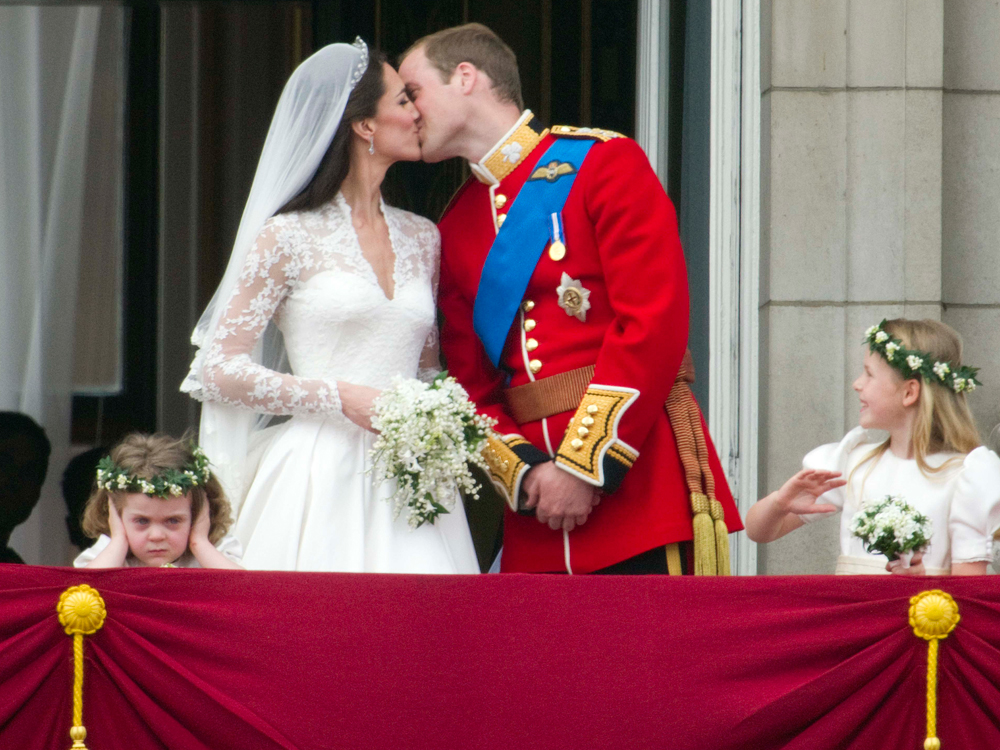
While touring Youthscape earlier this week, William and Kate were shown an online tool called Alumina that helps young people take the first steps to recovery from self-harm. As they did, their knowledge shone through.
Ruth Ayres, project manager of Self-Harm U.K., tells PEOPLE, ‘They're just really good with people. Young people directly see through people who put on any facade.
‘They talked about wanting to raise awareness of mental health first aid in schools. That is really forward thinking – something that lots of mental health charities and schools have been struggling with for some time: How do we respond if someone self-harms on site and get the right attention to them?’
Ayres, whose brother is Late, Late Show host James Corden (and who excitedly tweeted ‘Check out my sister here with some friends! So proud of the work she is doing’), praised the lead the royal parents are taking: ‘Anybody who's putting talking about emotional resilience front and centre is amazing.’
She says around one in 10 young people in he U.K. will self-harm, but the total number is likely even greater. ‘As a society, we have to empower young people to build their emotional resilience so that self-harm isn't the first thing they go to when they feel emotional difficulties,’ says Ayres. ‘And that starts with talking.’
Over at the charity Young Minds, which the couple visited on Thursday, they listened in on the support that takes place via the helpline.
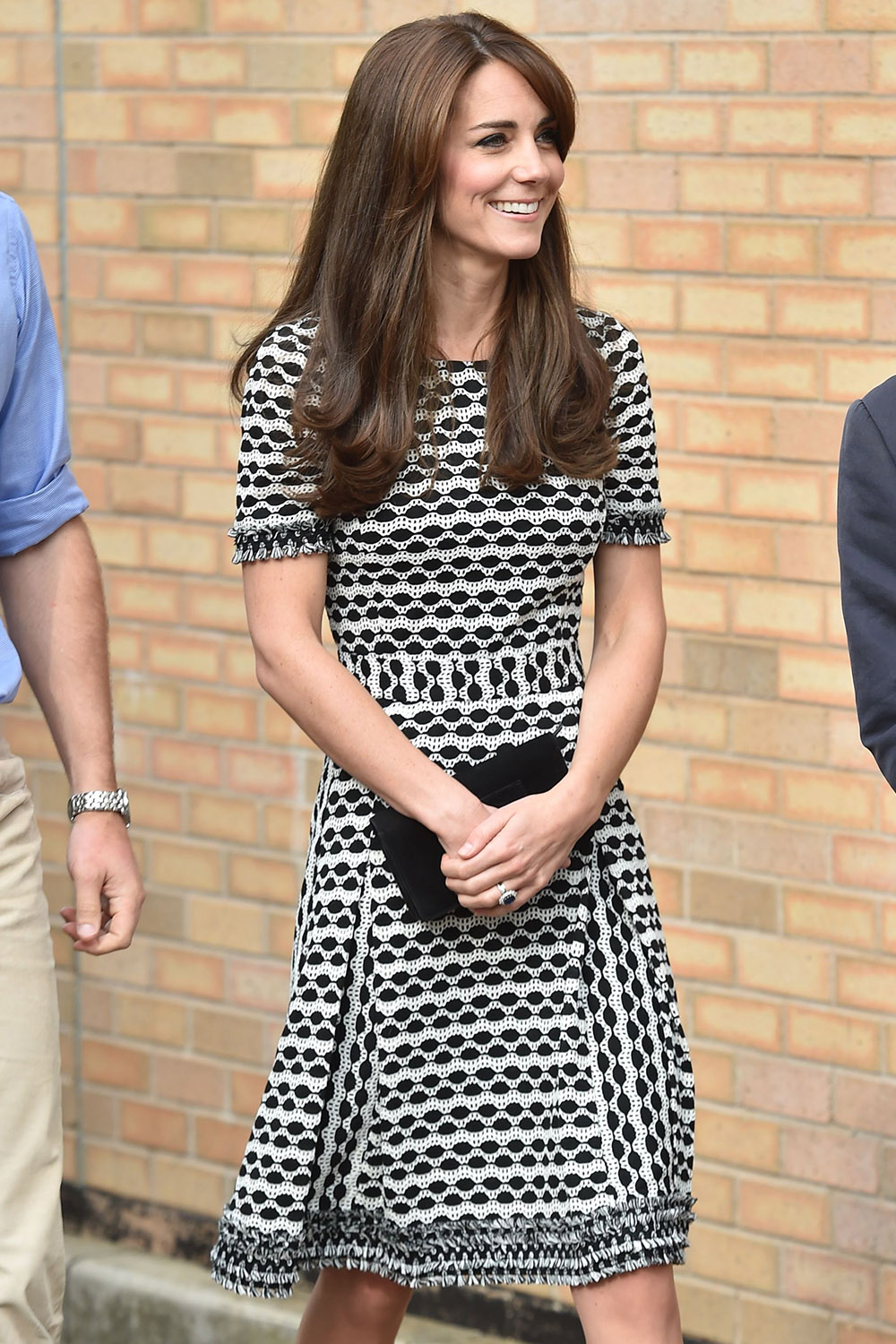
Royals arrive at Harrow College for Mind World Mental Health Day in 2015
Kate heard one call between a parent and one of the volunteers, Debrina Lloyd-Davies. ‘[She] was struck that they are willing to talk in great detail about their emotions,’ Lloyd-Davies tells PEOPLE. ‘She was struck at how honest the caller was and how they were looking for next steps and encouragement. The caller goes away with lots of support.’ She said, 'You did that in 20 minutes. That's incredible!'
Lloyd-Davies adds, ‘You don't have to be parent to feel empathy for someone going through a difficult time, but as parents [William and Kate] are definitely more aware.
‘They are right on the money in terms of what's lacking in mental health services at the moment. They have had experiences themselves – whether it be marital breakup or loss of a parent – and understand that getting in early so that young people grow up to lead healthy productive lives.
‘Getting early intervention is the key to what they want to do. They are lovely people who really care and have a sense of what's going on out there in terms of mental health. That's a lot to with their own experiences.’
Volunteer Saida Tahir, a mother of two, says, ‘They were particularly interested in how you keep the emotion out of the calls, how do you stay neutral and stop saying, “You should do this, or have that idea.” William was saying, ‘If it was me I'd want to tell them what to do – and its really difficult not to do that.'
Tahir says the couple are absorbing the campaign on a personal and emotional level.
‘They seem to have a lot of knowledge about anxiety and mental health,’ she says. ‘They saw it from a completely different perspective, from the perspective of parents. It is something that affects the whole family – and parents are often the ones who bear the brunt. Parents always worry.’ From the editors of PEOPLE
The leading destination for fashion, beauty, shopping and finger-on-the-pulse views on the latest issues. Marie Claire's travel content helps you delight in discovering new destinations around the globe, offering a unique – and sometimes unchartered – travel experience. From new hotel openings to the destinations tipped to take over our travel calendars, this iconic name has it covered.
-
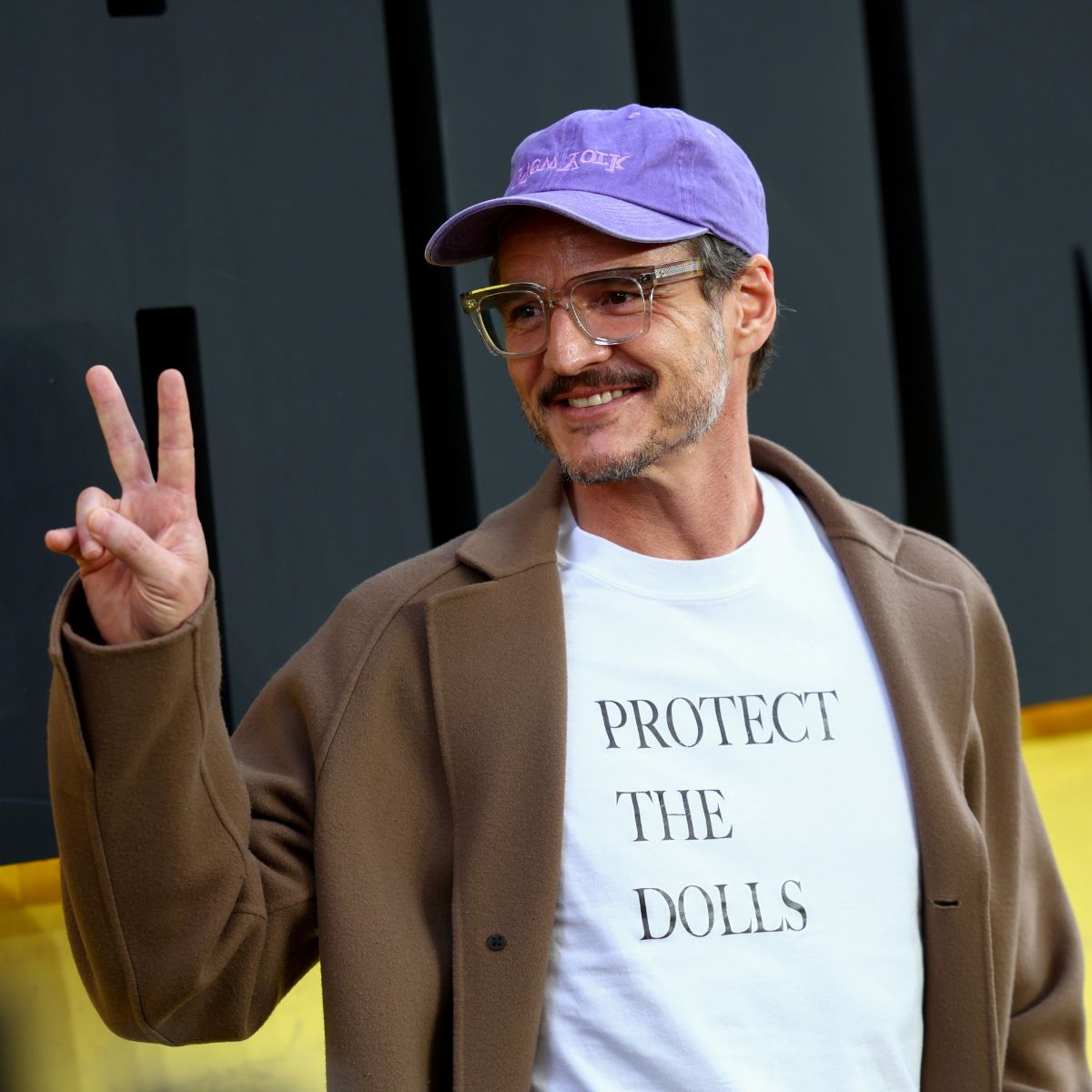 How the slogan t-shirt became this season's must-have - and why it's more than just another trend
How the slogan t-shirt became this season's must-have - and why it's more than just another trendNot just another Nineties throwback
By Clementina Jackson
-
 How are Trump’s tariffs affecting the fashion industry?
How are Trump’s tariffs affecting the fashion industry?The fluctuating situation in the US is having very real consequences
By Rebecca Jane Hill
-
 Here's every character returning for You season 5 - and what it might mean for Joe Goldberg's ending
Here's every character returning for You season 5 - and what it might mean for Joe Goldberg's endingBy Iris Goldsztajn